Keywords: National Conference
There are more than 24 results, only the first 24 are displayed here.
Become a subscriber for more search results.
-
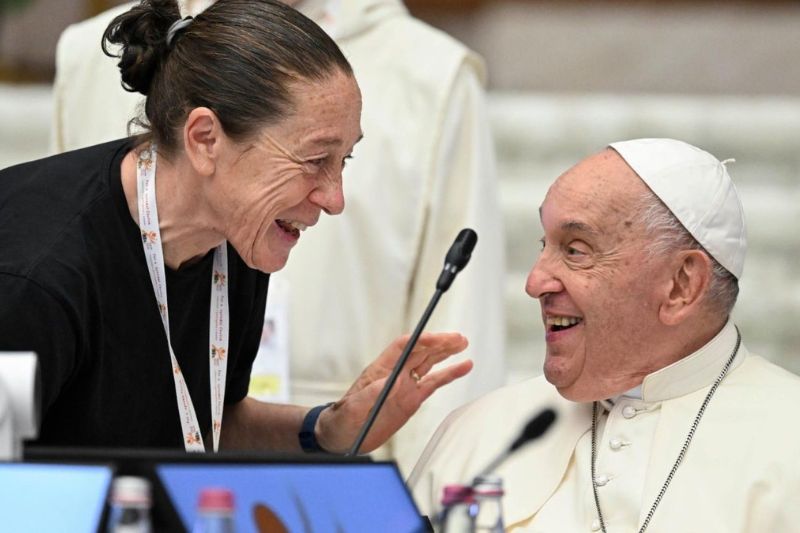
RELIGION
- Bruce Duncan
- 14 November 2024
14 Comments
The Synod is possibly the most important event in the Catholic Church since the Second Vatican Council. And despite its focus on internal Church reform and participation, can it effectively address broader social and moral issues in the world while still promoting a more inclusive and accountable Church?
READ MORE
-
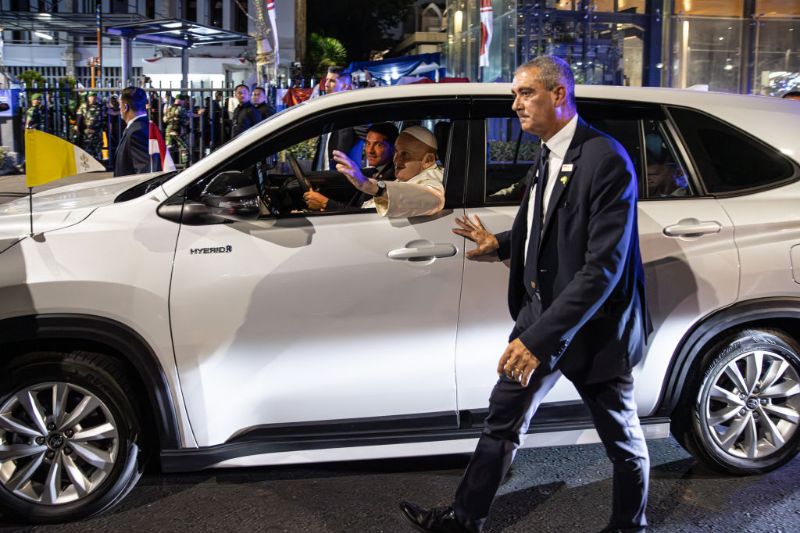
INTERNATIONAL
- Robin Osborne
- 05 September 2024
1 Comment
Pope Francis has frequently voiced sympathy for refugee concerns and before leaving on this trip, he reaffirmed his call for safe migration pathways for people fleeing their own countries for fear of persecution, describing any refusal to harbour asylum seekers as a ‘grave sin’.
READ MORE
-
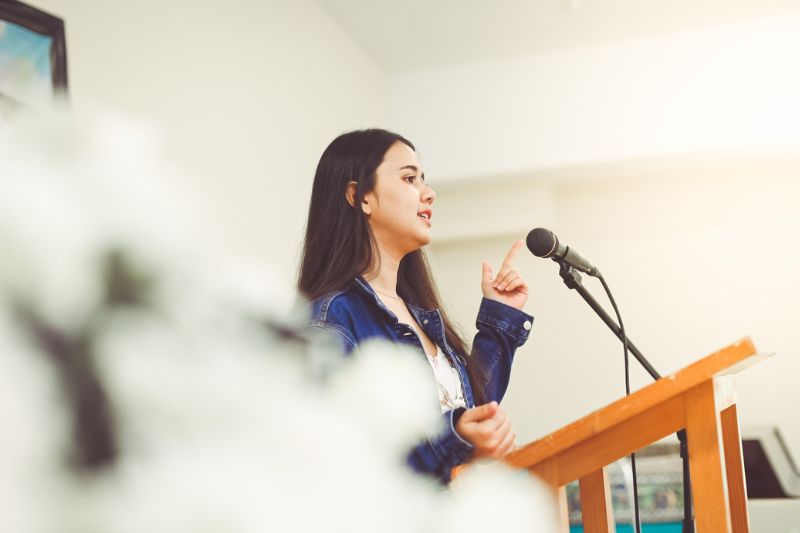
RELIGION
- John Warhurst
- 03 September 2024
8 Comments
Lay-led organizations, once marginalised, are now ascendant in the Church, challenging traditional hierarchies and redefining what church might look like in future. Ministerial Public Juridic Persons (MPJPs) have a growing influence, and for some, hold the potential for a more inclusive, lay-led Church.
READ MORE
-
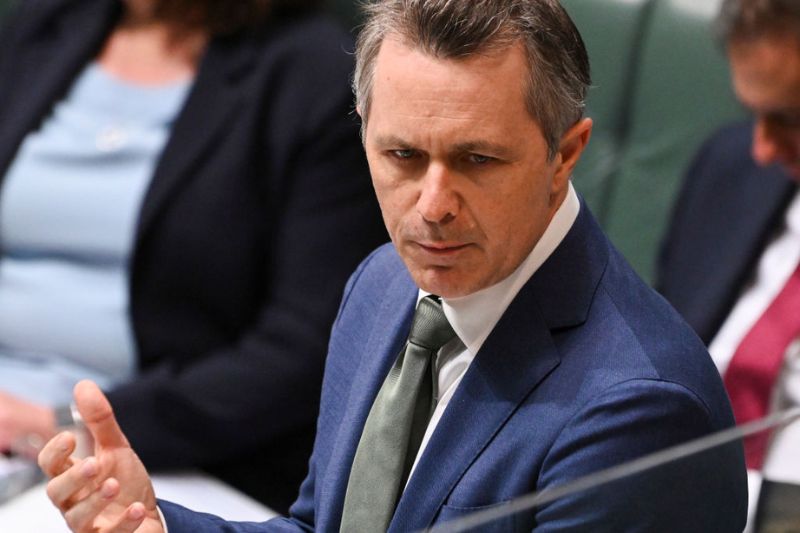
AUSTRALIA
- Binoy Kampmark
- 03 September 2024
The government has imposed a cap on enrolments, sparking controversy among universities. Critics argue this will harm the education sector and exploit foreign students, while supporters believe it will protect the integrity of Australia's education system and address concerns about over-reliance on international student fees.
READ MORE
-
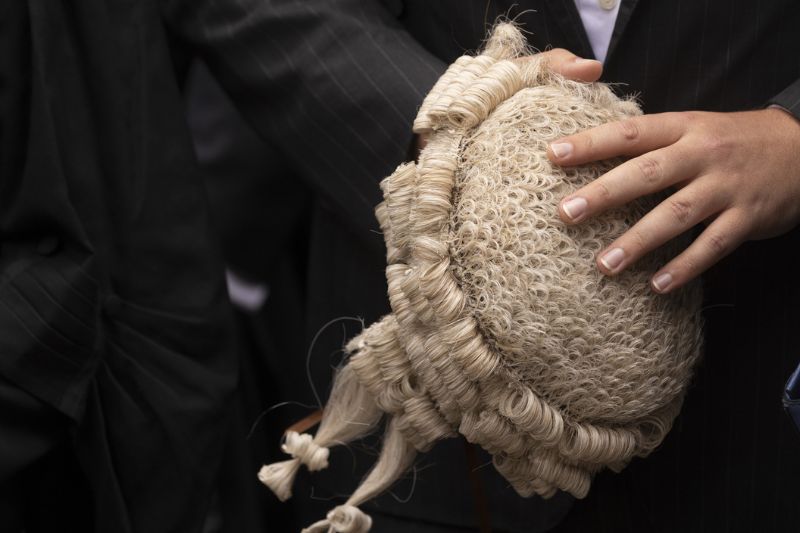
AUSTRALIA
- Frank Brennan
- 20 August 2024
6 Comments
In the aftermath of the failed Voice referendum, questions arise about the legal profession’s role in public discourse. Was this a missed opportunity for legal experts to provide critical analysis and guidance on such a significant constitutional matter?
READ MORE
-
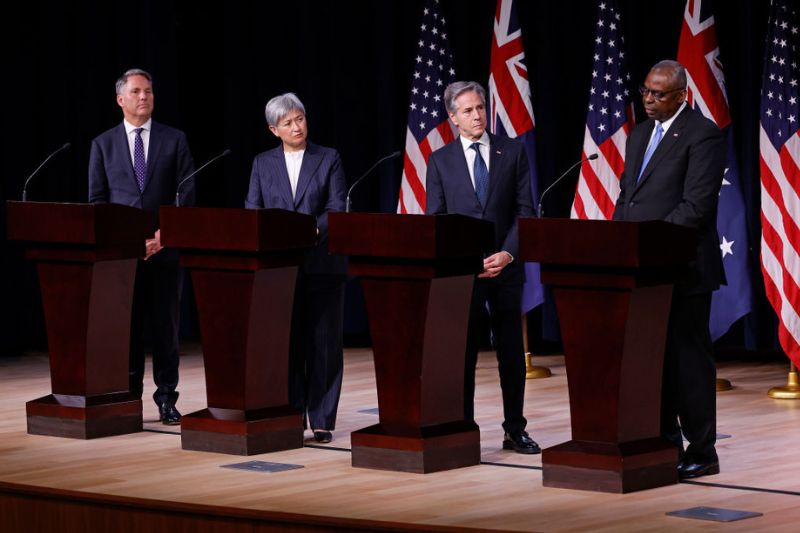
INTERNATIONAL
- Binoy Kampmark
- 15 August 2024
1 Comment
The AUSMIN talks in Annapolis herald a new era of defense cooperation between Australia and the United States, but at what cost? Critics warn of eroded sovereignty and nuclear proliferation risks as Australia embraces its role in America's strategic chess game against China.
READ MORE
-
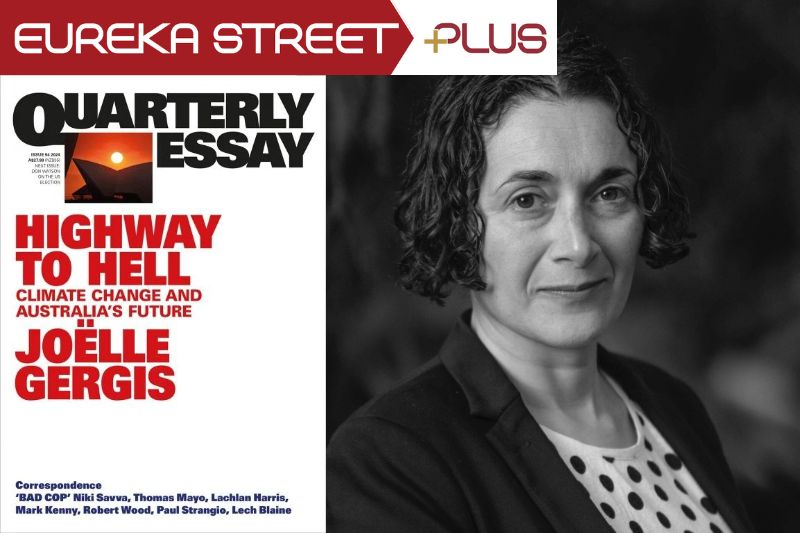
ENVIRONMENT
- Julie Perrin
- 12 July 2024
1 Comment
In her new Quarterly Essay Highway to Hell, Australian climate scientist Joëlle Gergis pleads in language beyond the careful neutrality of traditional science-speak: ‘We need you to stare into the abyss with us and not turn away.’
READ MORE 
-
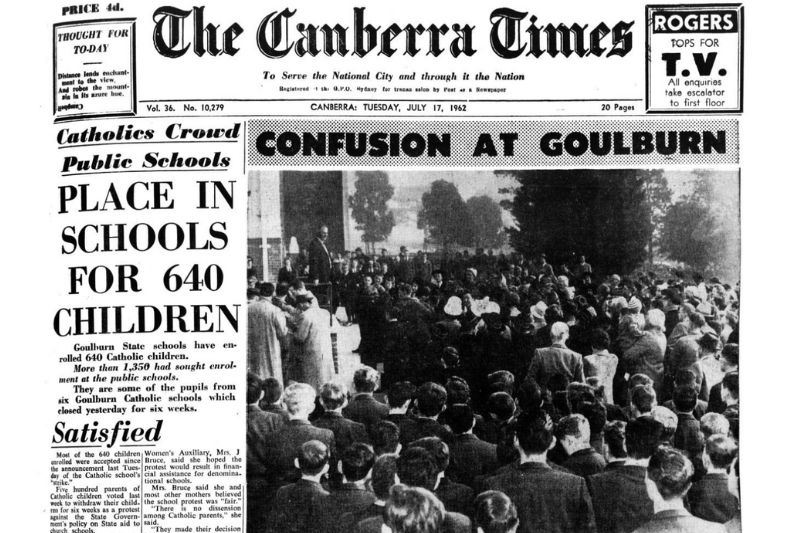
RELIGION
- John Warhurst
- 03 July 2024
8 Comments
In 1962, Goulburn was the centre of national attention when Catholic schools closed in protest over a lack of government funding and control. Students overwhelmed public schools. Could this happen again? An Australian archbishop suggests it as an option if religious freedom in Catholic schools is threatened.
READ MORE
-
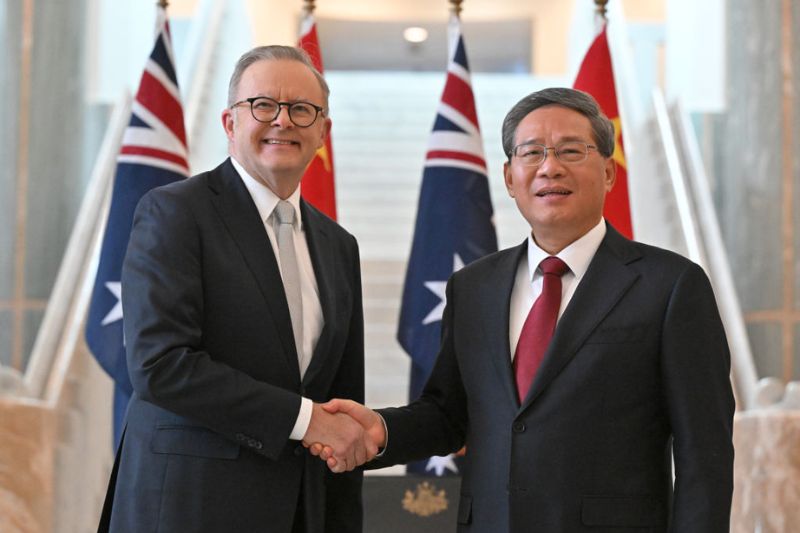
INTERNATIONAL
- Jeremy Clarke
- 19 June 2024
3 Comments
In a significant thaw in Sino-Australian relations, Premier Li Qiang's visit to Canberra brought strategic agreements on education, climate change, and trade, and the promise of new pandas for Adelaide Zoo. Prime Minister Albanese emphasised cooperation and dialogue over confrontation, contrasting with the hawkish rhetoric of domestic critics.
READ MORE
-

AUSTRALIA
- Frank Brennan
- 13 May 2024
2 Comments
The Albanese government’s refugee and asylum policy is in a mess. When Minister Giles introduced his Migration Amendment Bill, they bypassed typical parliamentary procedures, wanting to be seen as tougher than Peter Dutton in getting unvisaed non-citizens out of the country. It’s time for the government to return to due process in this whole field.
READ MORE
-
.jpg)
AUSTRALIA
- David Halliday
- 06 May 2024
5 Comments
The national conversation is very much spotlighting domestic violence and violence towards women. As a nation, we need to consider hard questions around the abundant factors within our society with connections to violence. Over three decades, we have made gains, but there’s more work to be done.
READ MORE 
-
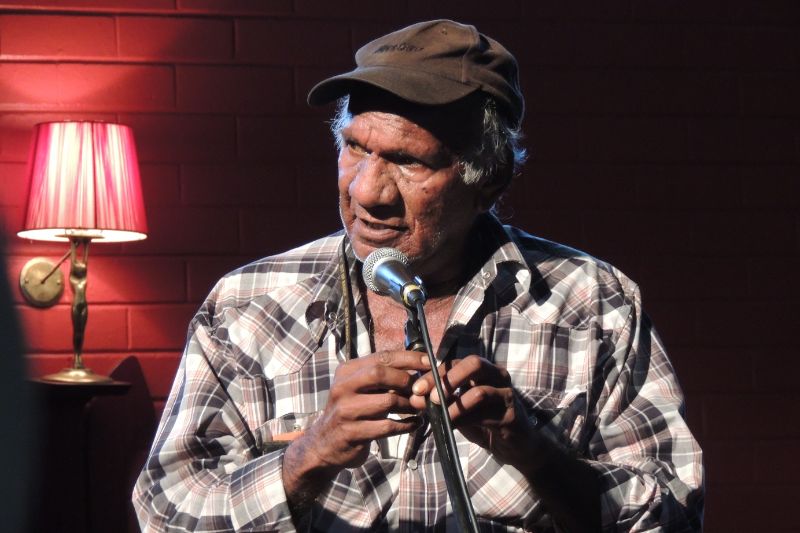
ENVIRONMENT
- Michele Madigan
- 18 April 2024
7 Comments
An Arabunna man, Uncle Kevin Buzzacott devoted himself to the protection of that delicate, glorious country of north eastern South Australia with its Great Artesian Basin’s ancient waters threatened by the succession of powerful mining companies operating Roxby’s Olympic Dam.
READ MORE